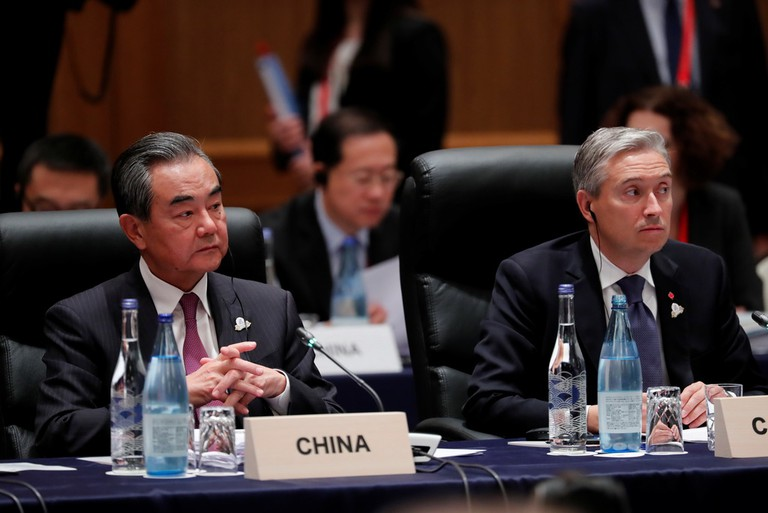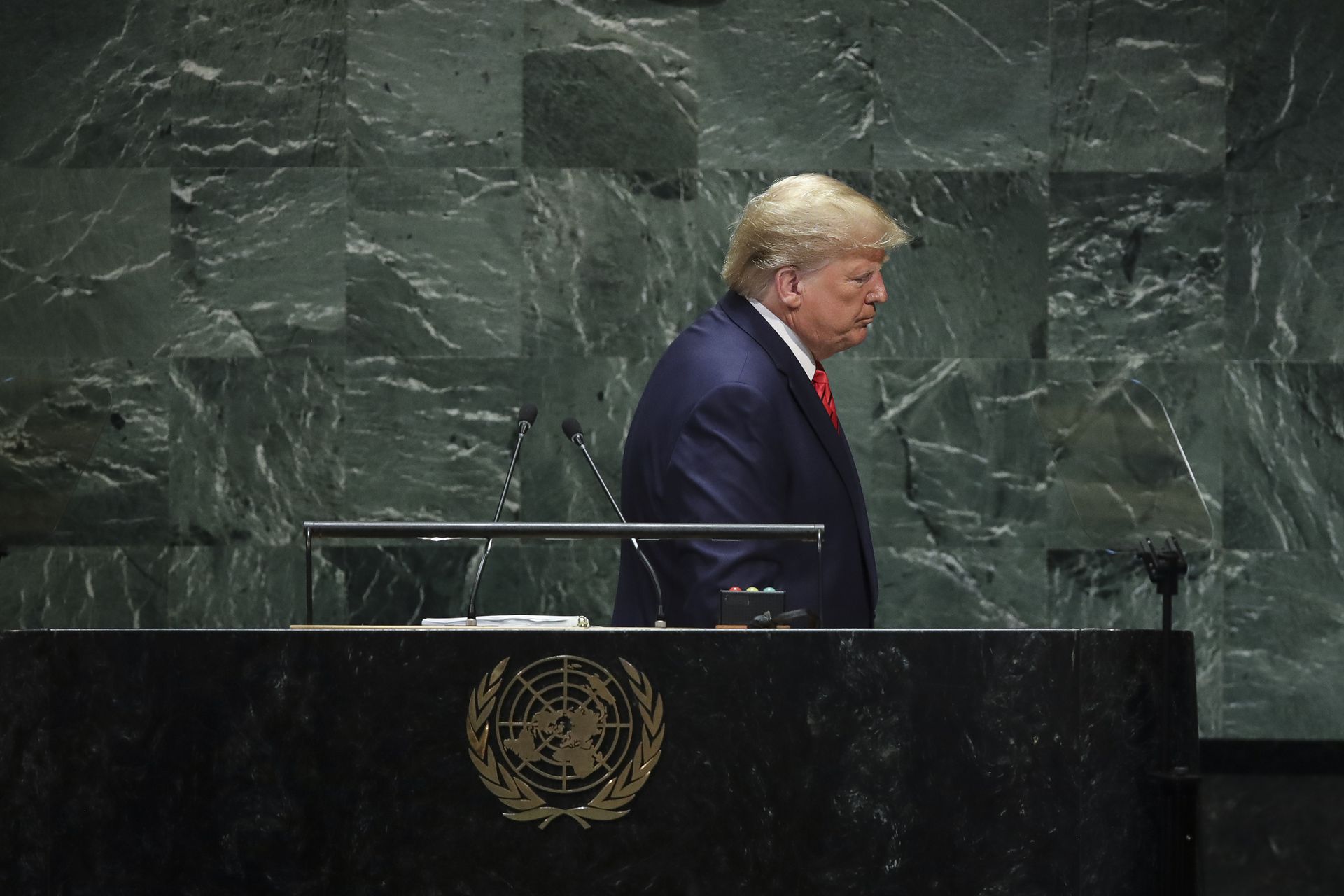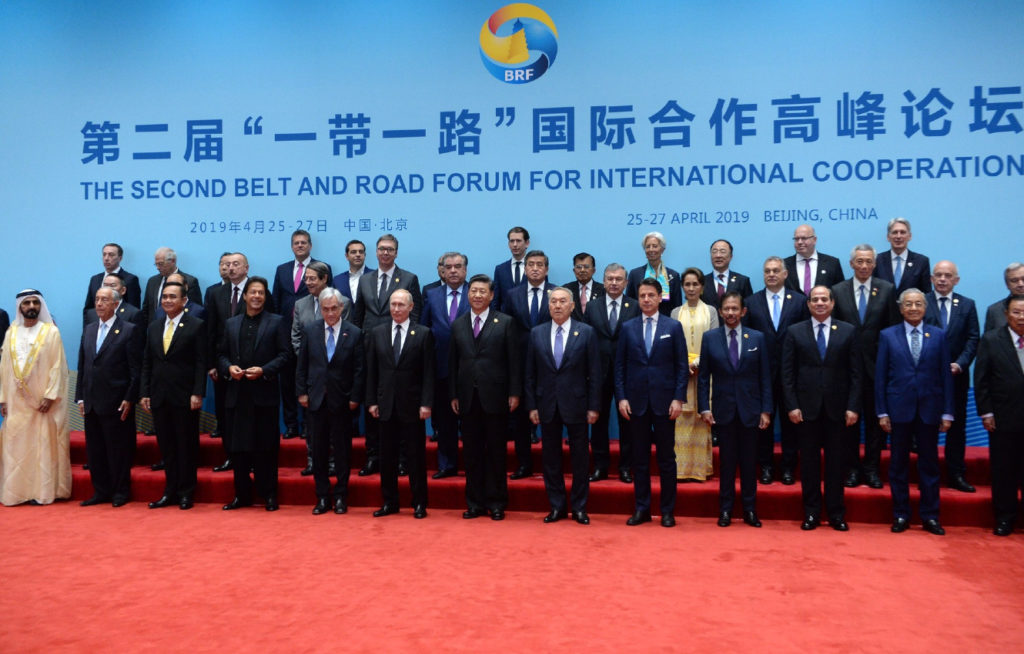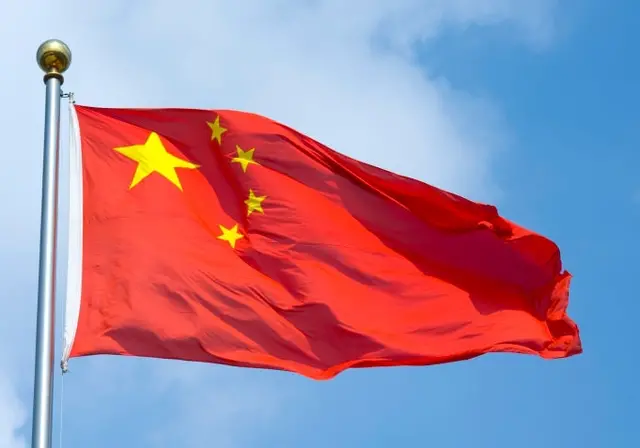By APD writer Alice
China has seen its increasing global influence as the administration of US President Donald Trump withdrew from many of the world's multilateral mechanisms established after World War II.
The country has worked to place its people or partners in leadership positions in UN organizations that have the power to set global standards for air travel, telecommunications and agriculture.
Meanwhile, the relations between the US and its partners and allies are worsening so a number of US efforts at the UN have not achieved much results.
The Indian Foreign Ministry's senior policy adviser Ashok Malik said China recognises that its "opportunity" has come and it should grasp this chance to exert influence in international organizations.

Chinese President Xi Jinping, in his recent address to the UN General Assembly, called on multilateral organizations to "play a central role in international affairs, especially in tackling challenges posed by the COVID-19 pandemic" and that "the global system should adapt to the political-economic changes of the world ". This is arguably the implication of a difference: China's rising role and the US retreat in the international arena.
Many US allies argue that withdrawing from organizations such as the WHO means giving China a "strategic gift”. Hans Blix, a veteran Swedish diplomat who once headed the Iraqi arms monitoring program of the United Nations, said it is regrettable that the US has withdrawn from multilateral mechanisms and left this position open to China to replace.
Washington also did not participate in the selection of members elected to the UN panel reporting human rights violations in March because the Trump administration withdrew from the UN Human Rights Council in 2018 when assuming that this organization was not fair to Israel. The US also left the UN Educational, Scientific and Cultural Organization (UNESCO) last year for similar reasons.

These US decisions, coupled with tensions related to trade, military spending and many other issues between the US and its traditional allies in both Europe and Asia, have made their relations worse and worse.
The fissures in ties between the US and its allies and even the US withdrawal from multilateral mechanisms have given opportunities to Beijing.
The representatives of China are present in the leadership of four out of 15 UN bodies. Last year, Beijing overtook the Western-backed candidate countries to win the top position of the United Nations Food and Agriculture Organization (FAO).

The consecutive successes in the international arena have given China a position that can shape the international standards, especially the standards of air travel of the International Civil Aviation Organization (ICAO) headed by China.
The Chinese Secretary-General of the International Telecommunication Union (ITU), who took office in 2015, has supported Chinese technology conglomerate Huawei in its fight against the US, while simultaneously pushing for a new world internet treaty.
Currently, 30 UN organizations have signed Memoranda of Understanding to support China's "Belt and Road" (BRI) initiative, including the UN Industrial Development Organization, which has been under leadership of China since 2013.
(ASIA PACIFIC DAILY)
 简体中文
简体中文

